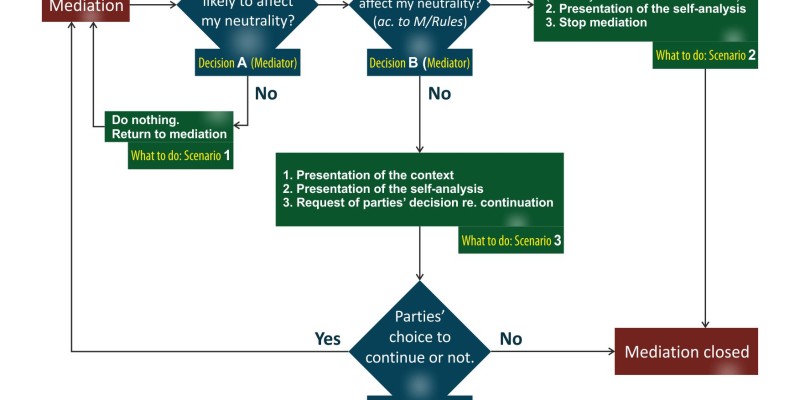Crowd-Hidden, Whereabouts Unknown
I begin with two poetic images. One is from an 8th century Taoist poem – I asked the boy beneath the pines. He said, “The master’s gone alone Herb-picking somewhere on the mount, Cloud-hidden, whereabouts unknown.” [Chia Tao (777-841)] And the other, more recent, from W H Auden’s poem “Law Like Love”: And always the…

